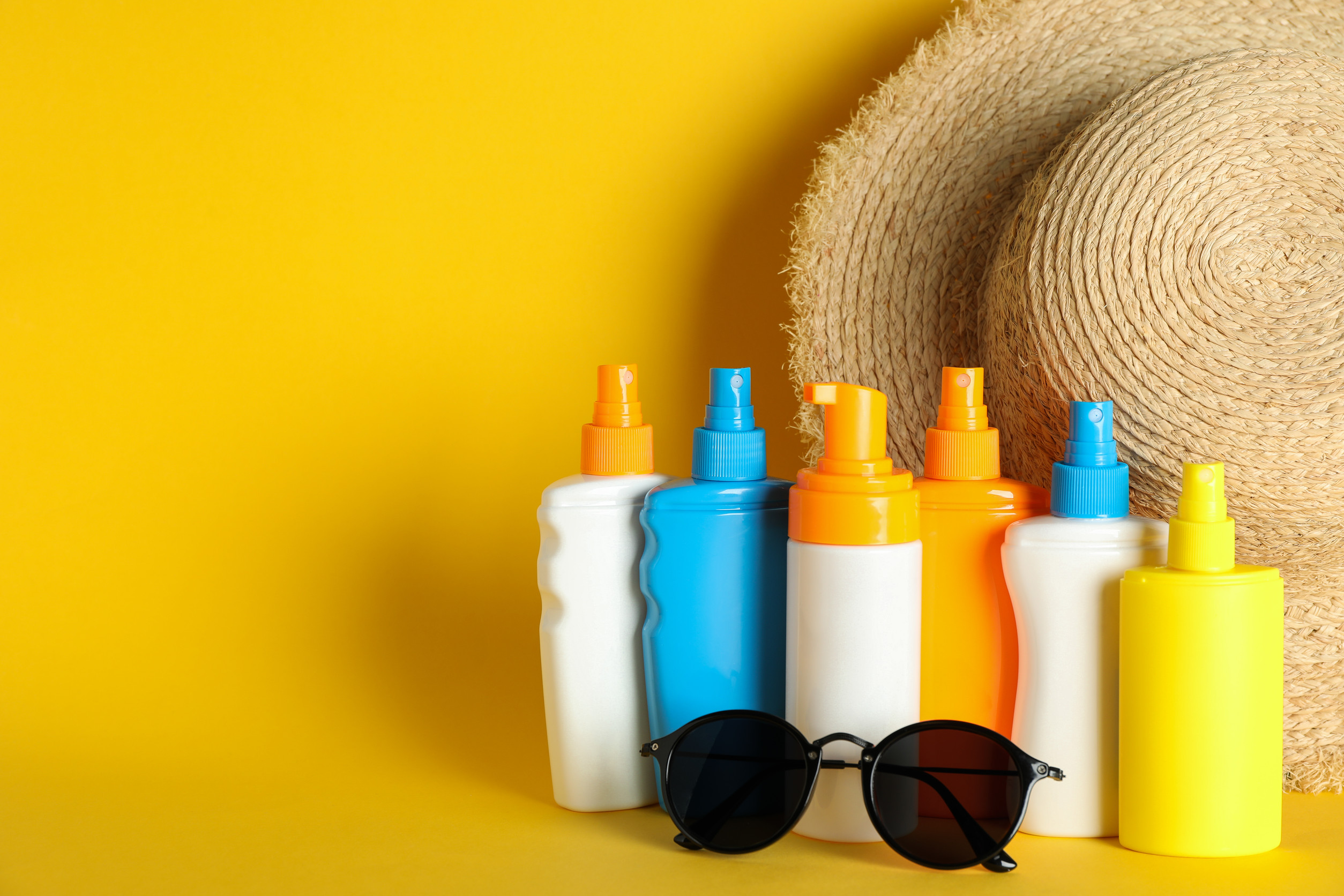
In a world bombarded with messages designed to stir fear, it’s easy to overlook how many warnings exist not to protect, but to push products. Sometimes these so-called dangers are amplified, exaggerated, or outright invented by clever marketers and industries eager to boost their profits.
From household items to personal care products, fear has long been a powerful sales tool. Consumers often believe they are making safer, healthier choices, when in reality, they are simply buying into a manufactured sense of risk.
1. Microwaves Will Leak Radiation
When microwave ovens first arrived in kitchens, ads and competing brands were quick to warn about the “dangerous radiation” they supposedly leaked. This warning tapped into Cold War-era nuclear fears, creating an easy villain out of a convenient appliance. Brands promising “superior shielding” or “leak-proof doors” used this scare to sell upgraded models. In reality, properly manufactured microwaves pose no threat when used correctly. The warning stuck around for decades, fueling unnecessary anxiety and extra sales.
2. Shampoo Residue Will Destroy Hair
The myth of shampoo residue ruining hair health has been perpetuated by countless beauty brands. The message usually warns that ordinary shampoos leave behind harmful buildup, making hair dull and lifeless. The “solution” comes neatly packaged as a clarifying or detox shampoo promising to undo the damage. Often, these specialized shampoos contain stronger detergents that strip natural oils, causing more harm than good. The fear of residue keeps consumers stuck in a cycle of buying more products than they actually need.
3. Sugar-Free Gum Prevents Cavities Completely
Many gum brands advertise the danger of cavities lurking after every meal, insisting that chewing sugar-free gum is a necessary defense. The warning makes it seem as if brushing teeth is never enough on its own. This fear has helped build a multi-billion-dollar industry selling gum as an oral health essential rather than a treat. While chewing gum with xylitol can aid oral hygiene, it does not replace proper brushing and flossing. The cavity scare is often inflated to keep the gum flying off shelves.
4. Tap Water Will Damage Appliances
The notion that regular tap water will destroy dishwashers, coffee makers, or washing machines has been cleverly marketed by water filter companies. This warning drives consumers to buy costly filters or water softeners to “protect” their appliances from hard water buildup. While hard water can cause minor scaling over time, regular maintenance is usually sufficient to prevent major damage. Still, fear of ruined machines keeps many homeowners paying extra for filtration systems they may not truly need. Companies profit while the fear of breakdowns lingers.
5. Non-Organic Produce Is Poisonous
Organic food labels have made billions by highlighting the dangers of conventional produce. Many shoppers are led to believe that pesticide residue on non-organic fruits and vegetables is practically toxic. This fear has driven consumers to spend significantly more on organic options, often without understanding the minimal differences in pesticide levels. Numerous studies show that washing produce properly removes most residues anyway. Yet the fear persists, inflating the organic industry’s profit margins.
6. Wrinkles Will Ruin a Career
The beauty industry has mastered the art of selling anti-aging products by stoking fears of wrinkles. Advertisements warn that fine lines could cost a job, relationship, or confidence. This powerful message has made anti-aging creams, serums, and injections a booming market. In truth, aging is natural and no cream can erase time entirely. Still, fear of looking older guarantees repeat customers seeking to turn back the clock.
7. Household Germs Are Deadly
Many cleaning brands have pushed the idea that unseen germs in the home pose a constant threat to family health. The result has been a flood of antibacterial sprays, wipes, and soaps promising to eliminate 99.9% of bacteria. While cleanliness is important, not all bacteria are harmful, and overuse of antibacterials can contribute to resistant strains. This warning exaggerates everyday risks to convince families that ordinary cleaning supplies are not enough. The fear of invisible germs ensures a steady stream of sales.
8. Sunscreen Is Needed Indoors
Sunscreen companies have recently pushed warnings about the supposed dangers of indoor UV exposure. Consumers are told that sunlight through windows or blue light from screens can damage skin and accelerate aging. This fear has spurred a wave of indoor sunscreens and daily wear lotions. While UV rays do penetrate windows, the level of exposure indoors is typically minimal. The indoor sunscreen trend shows how easily fear can transform an occasional product into a daily ritual.

9. Non-Filtered Air Will Make Families Sick
Air purifier brands often warn that ordinary household air is teeming with dangerous particles that threaten respiratory health. These messages tap into concerns about pollution, allergies, and even viruses. The fear drives families to spend hundreds on purifiers that promise hospital-grade air quality at home. While air purifiers can help in certain conditions, they are not always necessary for every home. The warning keeps the perceived risk high and the demand steady.
10. Plastic Bottles Are Always Unsafe
BPA warnings on plastic bottles and containers were initially grounded in valid health research. However, this concern quickly evolved into a marketing tool for brands promoting “BPA-free” plastics. The message suggests that any product not bearing the label poses a significant health risk. As a result, consumers often replace perfectly safe items in search of the newest “safe” alternative. The fear sells new bottles and containers, often without providing meaningful additional safety.
Are You Being Sold?
Warnings have their place when they protect consumers from genuine harm, but many are carefully crafted to play on anxieties and open wallets. By turning mild or hypothetical risks into urgent dangers, industries can convince people to buy solutions they may not actually need.
Awareness is the first defense against this subtle manipulation. A bit of skepticism can help separate fact from marketing spin and keep unnecessary purchases in check. Share any other “warnings” that feel more like a sales pitch than a real threat in the comments below.
Read More
7 Unpopular Items That Are Still Selling Out Because of TikTok
8 Hidden Income Streams That Sparked Family Resentment
The post 10 Common Warnings That Were Invented Just to Sell Something appeared first on Everybody Loves Your Money.







